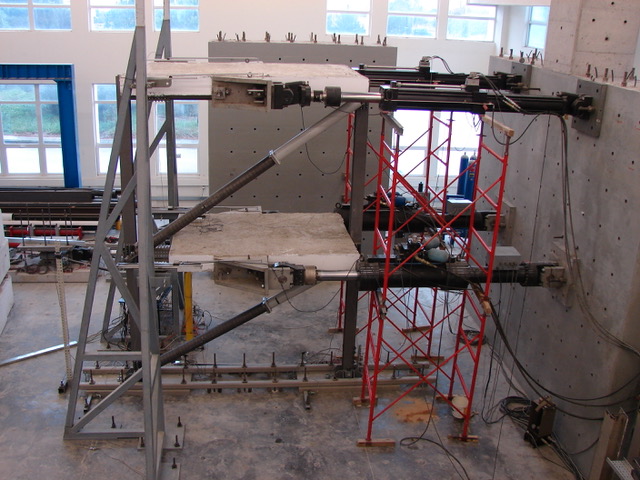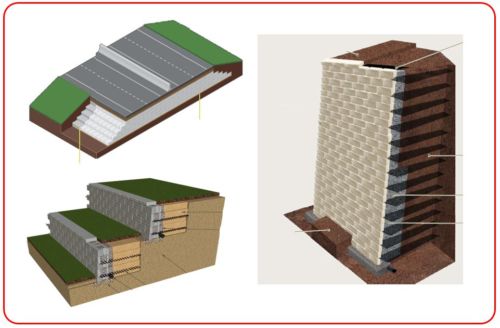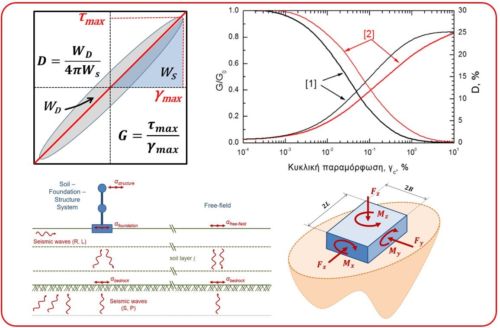• Basic knowledge for designing an experimental campaign scope of the testing,
etc.
• Dimensional analysis, similitude requirements, true and distorted models,
scaled tests
• Testing methods: static, dynamic, hybrid, artificial excitation
• Principles of designing test set-ups, planning and preparation.
• Servohydraulic testing systems: loading systems (actuators, servovalves,
pumps), system control (control theory, PID control, etc)
• Sensors. Principles of operation, sensor characteristics, sensor mounting.
converters
• Data collection, data acquisition (hardware and software), data analysis and
presentation
• Structural monitoring, in-situ artificial vibration testing
Experimental methods in structural engineering
| Code | GPOL_A_16013 |
|---|---|
| Instructor | BOUSIAS STATHIS |
| eclass | https://eclass.upatras.gr/courses/CIV1526/ |
| Mandatory/Optional | Elective |
| Credits ECTS | 7,5 |
| ΠΕΡΙΓΡΑΜΜΑ ΜΑΘΗΜΑΤΟΣ |
Desired learning outcomes:
• Familiarization with experimental testing
• Use of dimensional analysis for determining properties of scaled specimens
• Design of experimental setups
• Use of technologies available for structural testing
• Operational knowledge of testing systems.
Specific knowledge and competences:
• Application of dimensional analysis techniques
• Design of experimental setups for static, dynamic and hybrid tests
• Use of innovative methods for distributed testing
• Design and organization of instrumentation





